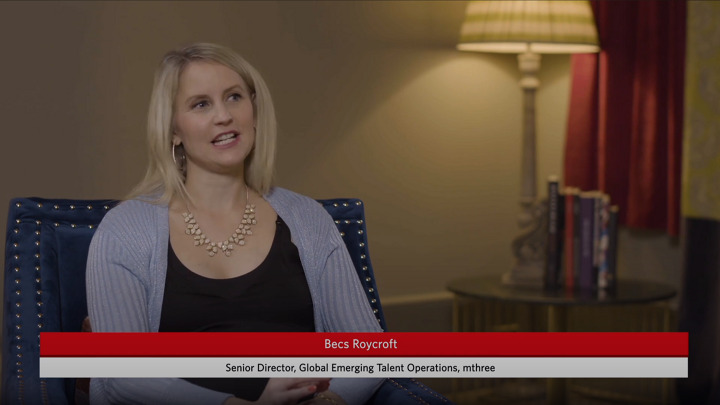Despite having a relevant degree, nearly half of the companies searching for IT talents report that applicants lack basic technical expertise for entry-level roles, and 26% say that candidates are missing soft skills.
According to Wiley Edge's annual Diversity in Tech research, over 40% of companies believe there are insufficient candidates with the proper skills to fill tech roles, and 43% believe that applies to underrepresented groups.
It ends up becoming a challenging task for many Gen Z alumni (people born between 1996 and 2010) to find employment. According to the research, over half of Gen Z specialists took four to nine months to acquire their first jobs, and over 60% of Gen Z stated it was more challenging than they believed.

"Many businesses think graduates are not equipped with the right skills to thrive in the workplace directly after university, yet there still seems to be a preference for top universities and degrees in general when filling tech roles," - said Becs Roycroft, vice president of global emerging talent and client operations at Wiley Edge. "Our research has highlighted a clear disconnect between university education and the workplace, and this skills gap needs to be bridged with extra training."
According to the research, 27% of employers only hire graduates from top institutions, and 44% are more inclined to do so. In a comparable manner, fifty percent of the companies claimed a bachelor's degree would be required to fill jobs.
However, the research discovered that there is a recruiting bias in the tech business, which may result in employing people with the right skills nevertheless improper qualifications.
Becs Roycroft said: "It is heartening that some businesses are already turning the tide and are widening their entry criteria to include alternative qualifications and other skills to improve diversity, and I hope this trend will continue over the years to come."
According to the report, almost all organizations that use an anti-bias hiring approach have experienced an increase in diversity among their workers.
Companies become less and less dependent on the results of higher education. Over half of them sometimes do not require higher education, quantity at the statistical error level of 3 percent never require a degree already, while only 4% take into account any higher education accreditation.